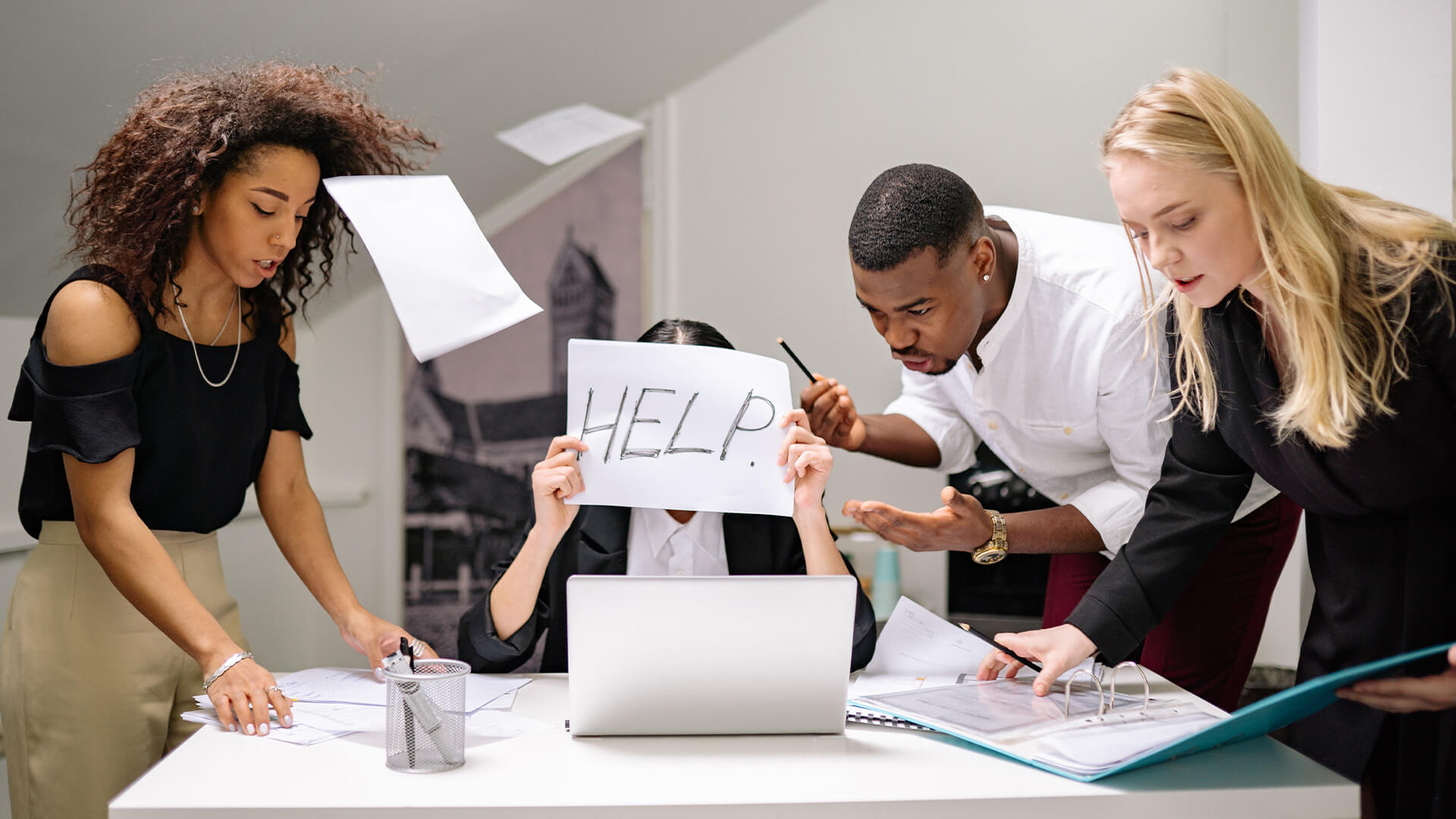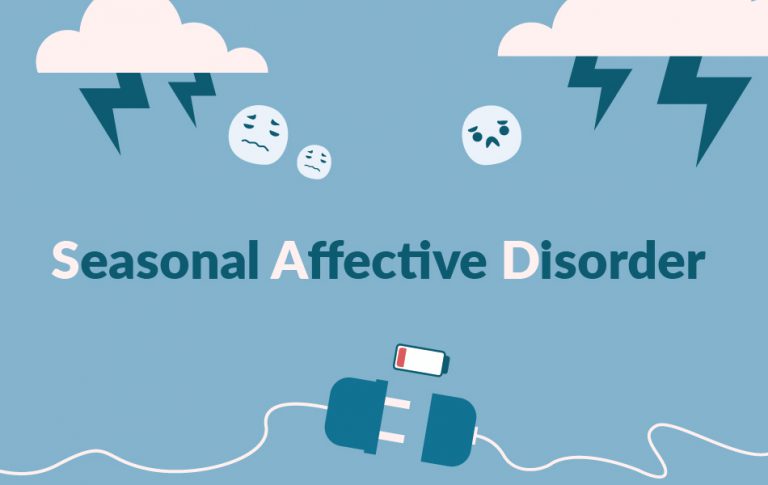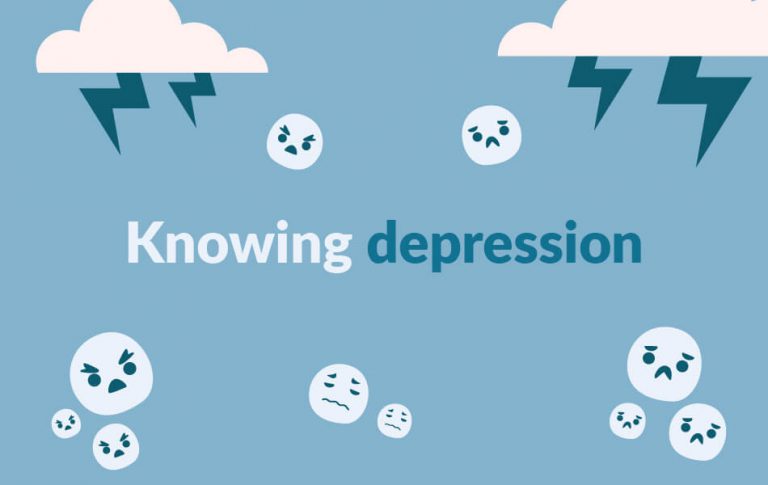As we enter the first week of January, it is back to reality and business as usual
While it may be a major relief for some people, it can be stressful for the majority. This time of the year is financially, physically, and emotionally challenging, even though it brings much cheer and joy.
The majority of people may struggle with holiday depression, and it is mostly triggered by financial, emotional, and physical stress. Additionally, returning from the busy holidays and returning to work and daily responsibilities can also trigger post-holiday blues.
The post-holiday blues are also known as a post-vacation syndrome. In contrast, stress or depression is common after a very emotional or stressful period. Post-holiday blues symptoms are similar to those of an anxiety or mood disorder, including insomnia, low energy, irritability, difficulty concentrating, and anxiety.
In contrast to clinical depression, distress in this situation lasts for a short time instead of lasting for a long time. Although depression frequently occurs during the holidays, the condition isn’t all that uncommon. When you return from the holidays and feel persistent sadness, you may be experiencing the post-holiday blues.

Post-vacation blues are real, and if you pay attention to the symptoms and what is triggering them, you can recover from the blues or possibly prevent them. So, let us take a look at the symptoms and causes of the post-holiday blues:
The holiday blues signs and symptoms:
Recognising the symptoms and signs of the holiday blues is the first major step to take when recovering from it. Although the signs may vary, here are some of the main symptoms to look out for:
- Feelings of boredom or hopelessness in normal routines
- Feelings of longing
- Persistent tiredness
- A loss or increase in appetite
- Trouble sleeping or sleeping too much
- Difficulty concentrating
- Feelings of anxiousness
- Feeling unmotivated
- Irritability and mood swings
- Feelings of stress
- Constant feelings of sadness
Sometimes, people have difficulty returning to their routines associated with household responsibilities, work, and social life. Even though it is unlikely to be a sign of serious depression in most circumstances, the post-holiday blues can bring many emotions. The most common emotions that people with post-holiday depression may feel include:
Feelings of emptiness
There are various reasons why a person struggling with post-holiday blues may feel empty. One of these reasons includes exhaustion, especially after the holiday, which is highly emotional and busy. In addition to decorating, shopping for gifts, and social demands, a person can feel overwhelmed and extremely tired when everything dies down.
The let-down after intense emotions
Feeling down after the holidays is possible due to constantly experiencing intense emotions. The holidays may have brought you extreme joy as you reunited with family and friends you had not seen for a long time. However, now that everyone is back to their normal lives, your emotions may be regulating and readjusting, resulting in you feeling low.
Feelings of loneliness
You may not have been able to travel because you were working, could not afford to, or chose to be alone during the holidays. As a result, feelings of loneliness and isolation could occur during and after the holidays.
Then again, once the holidays are over and returning to regular lifestyle routines after spending the entire holiday season with family and friends can lead to feelings of loneliness too.
Stress
Feelings of distress can also contribute to the post-holiday blues. For example, many people experience the post-holiday blues due to financial stress caused by overspending and bills during the holidays. Additionally, returning to work after the holidays and adjusting to normal lifestyle routines can be challenging. Even though you may have enjoyed the holidays, they disrupted your routine and prevented you from getting any rest.

Returning to daily routines after the holidays can cause a person to feel various emotions, including anxiety and distress. The holiday blues can be caused by various factors, especially after the holidays. The following are some things to consider:
The causes of post-holiday blues
- The time of year
The holidays may be a time of joy and cheer. Still, they come with many demands and responsibilities, despite being the busiest time of the year. For example, you need to schedule time for gift shopping, or you are responsible for preparing a family gathering. The demands and expectations from family and friends can overwhelm you and trigger feelings of stress and anxiety, thus causing the holiday blues.
- Unhealthy habits
Holiday celebrations often consist of various drinks, foods, and desserts. However, overeating or drinking unhealthily may contribute to you feeling down or showing symptoms of post-holiday depression.
- Constantly busy
As mentioned, the holidays can be a very demanding time of the year, with social gatherings of parties, family gatherings, and gift shopping. Saying “yes” to everyone’s demands can make you feel very stressed and overwhelmed.
- Lack of sleep
When the busy schedules of the holiday season come, they can mess with your normal routines and sleep whether it is dealing with stress from buying gifts and attending or hosting activities or persistently feeling the excitement from all the festivities.
- Strains on the finances and more
Along with all the causes mentioned above, the following points can also cause post-holiday blues:
- Financial stress
- Grief or loss
- Isolation and loneliness
- Physical health problems
In most cases, regular lifestyle routines may be disrupted during the holidays. Although the holidays might seem merry and bright or weren’t as enjoyable as you expected, the brain exaggerates the realities of normal everyday life. It is possible to experience anxiety and depression after returning from vacation.
The following steps can be taken if you have experienced holiday blues in the past or are concerned that you may experience them after the holidays:
How to prevent the holiday blues
- Tidy up:It can be very dispiriting to walk into a mess when returning from the holidays. Instead, make sure your home is tidy for your return from vacation.
- Have time to adjust:It’s best to give yourself a few days before hopping back into work and reality. Try to schedule and plan your days to transition back to your normal routines. Make time to complete laundry, grocery shopping, and unpacking tasks.
- Plan something small: When you return from the holidays, try having a little event planning, like a brunch or movie with friends. It doesn’t have to be expensive, considering tight budgets, and it doesn’t need to be right after returning from vacation. This is an ideal way to remind you that the fun hasn’t ended just because the holiday has.
- Make some downtime:Plan some time to relax after the holidays. This can help create a sense of calmness that will decrease your anxiety and stress.
Even though there are ways to prevent the holiday blues from striking, they may still occur. In many ways, coping with the post-holiday blues is comparable to coping with anxiety and depression. Here are some ideas that can help you cope with the holiday blues:
- Practise self-care
Prioritise the daily needs that make you feel good. This way, your confidence, and self-esteem will boost. Some self-care needs may include:
- Getting enough sleep
- Maintaining a healthy diet
- Creating needed boundaries
- Socialising with supportive people
- Exercising or meditation
- Sticking to a routine
It is a good idea to wake up at the same time each day and get to bed at the same time each night. In addition, it is a good idea to eat your meals at set times. On the other hand, keeping an exercise routine every day will also help you to add structure to your day and bring order to your life.
- Say ‘no.’
Feel free to say no when you are invited to participate in something. Whether you aren’t interested in it, need more energy or time to engage in it, or it conflicts with your schedule. Keeping up with social engagement can be demanding, and you should take some time for yourself. However, avoid isolating yourself too much.
- Set a budget
To avoid facing financial strain after the holidays, try to create a fixed budget. After the holidays, it can be tough financially, so you’ll have to decide where to spend your money. On the other hand, it can also help to buy gifts throughout the year instead of just during the holiday season.

You may want to speak with a mental health professional if the holiday blues become difficult to cope with. Or day-to-day activities become difficult to handle or if you’re experiencing persistent and severe holiday blues. Symptoms of the holiday blues can be managed at Zwavelstream Clinic by maintaining these symptoms.
Furthermore, we offer professional services for depression, chronic stress, and anxiety. If you would like more information, don’t hesitate to contact one of our staff members via our website and remember that you are not alone.







